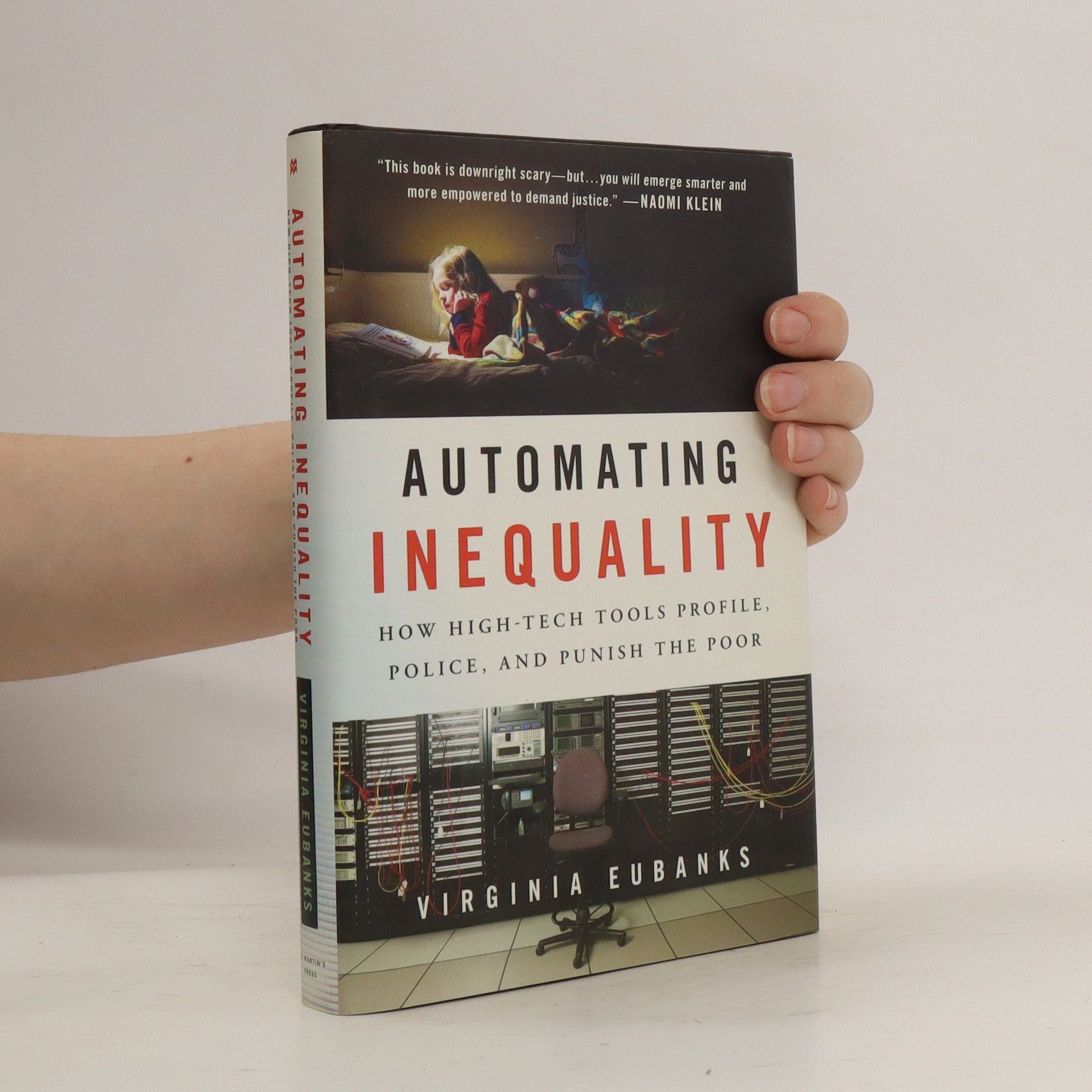"Eubanks ... investigates the impacts of data mining, policy algorithms, and predictive risk models on poor and working-class people in America"--Amazon.com.
Virginia Eubanks Libri
Virginia Eubanks esamina criticamente come le tecnologie digitali plasmano la disuguaglianza e la giustizia sociale. Il suo lavoro indaga come i sistemi automatizzati e gli strumenti di dati profilano, controllano e puniscono i poveri, rivelando i meccanismi nascosti di ingiustizia nell'era digitale. Attraverso la sua analisi, sottolinea l'imperativo di lottare per la giustizia sociale nell'era dell'informazione, basandosi su due decenni di esperienza nei movimenti per la tecnologia comunitaria e la giustizia economica. Eubanks offre spunti cruciali sull'etica della tecnologia e il suo profondo impatto sulle comunità emarginate.
